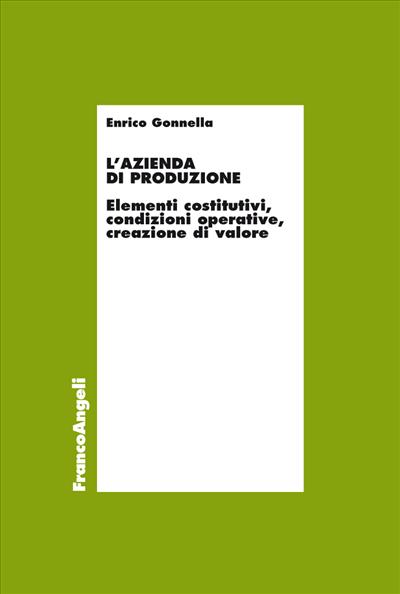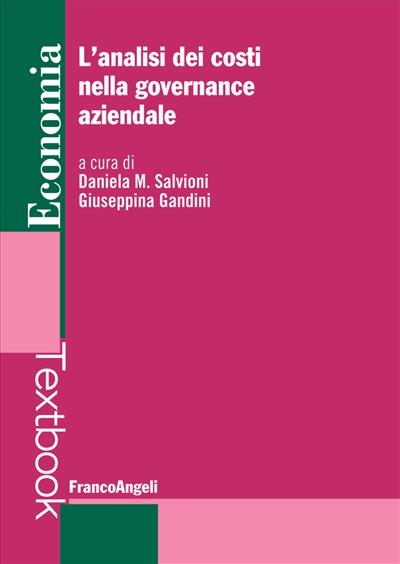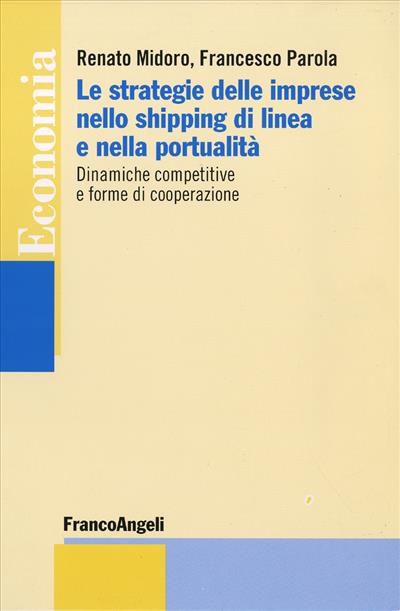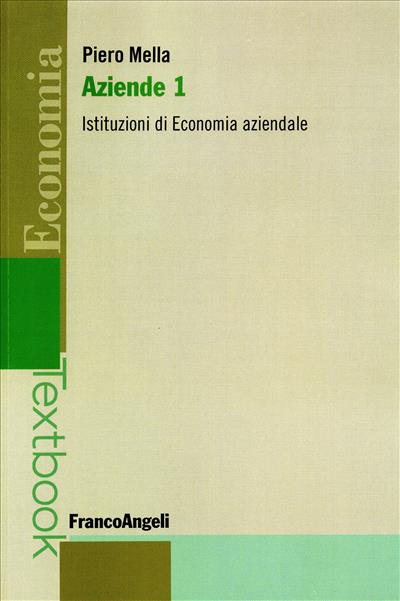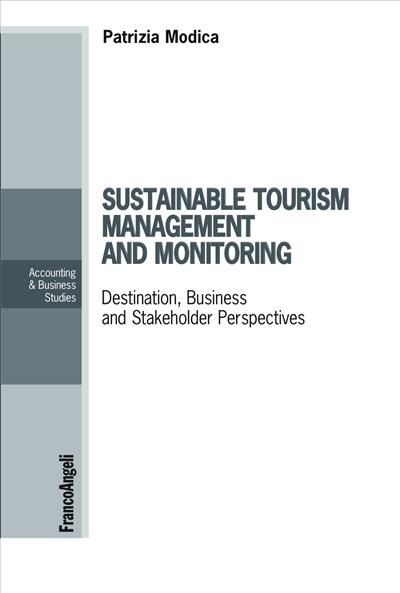
Sustainable tourism management and monitoring
Destination, Business and Stakeholder Perspectives
This research considers how to balance core aspects of sustainable tourism using best practice management techniques. The research investigates the interplay of sustainable tourism, management, monitoring, destination life cycles, and stakeholder involvement, through a case study approach based on several international tourism destinations.
Pagine: 160
ISBN: 9788891711670
Edizione: 1a edizione 2015
Codice editore: 368.7
Disponibilità: Discreta
Pagine: 160
ISBN: 9788891736680
Edizione:1a edizione 2015
Codice editore: 368.7
Possibilità di stampa: No
Possibilità di copia: No
Possibilità di annotazione: No
Formato: PDF con DRM Readium LCP
Pagine: 160
ISBN: 9788891736864
Edizione:1a edizione 2015
Codice editore: 368.7
Possibilità di stampa: No
Possibilità di copia: No
Possibilità di annotazione: Sì
Formato: ePub con DRM Readium LCP
